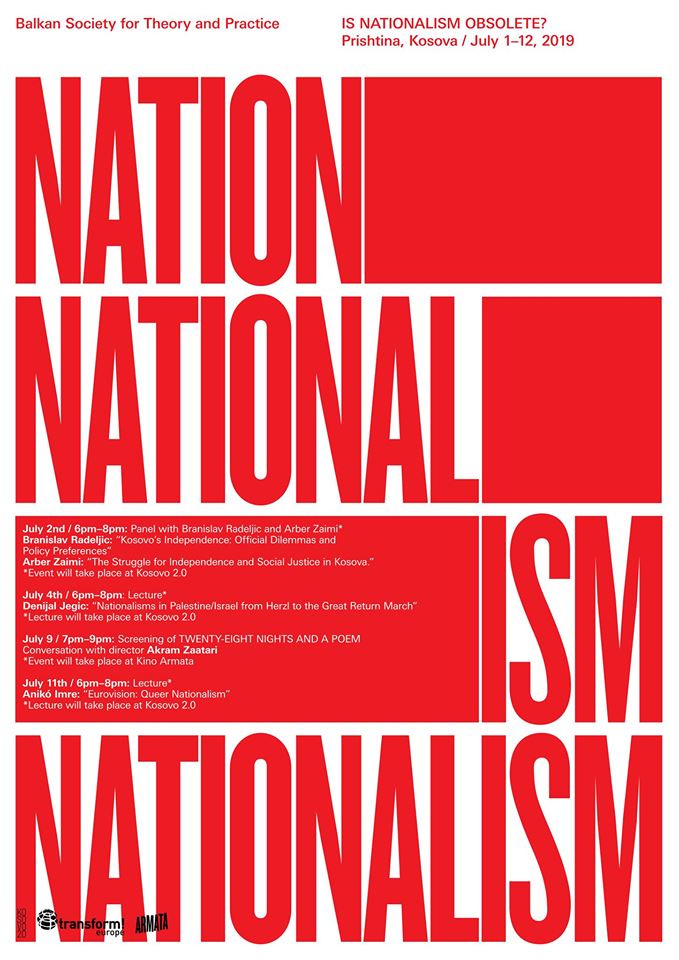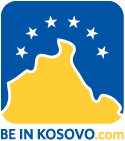Kosovo is a dynamic destination where tradition meets modern creativity, and its vibrant calendar of events reflects the country’s youthful energy and rich cultural roots. Among the standout happenings is Sunny Hill Festival in Pristina, a world-class music event founded by global pop icon Dua Lipa, which brings top international artists and thousands of fans to the capital each summer. Also gaining traction is NGOM Fest in Prizren, where music, nature, and activism come together in a unique blend, set against the stunning backdrop of the Sharr Mountains. For cinema lovers, the Dokufest International Documentary and Short Film Festival is a must-attend — turning the historic city of Prizren into a lively hub of film screenings, workshops, and late-night riverfront gatherings.
Kosovo also proudly celebrates its deep-rooted cultural heritage through events that honor its history and traditions. The Etno Fest in Kukaj village revives traditional rural life with folk music, artisanal crafts, and local cuisine in an authentic mountain setting. Meanwhile, Anibar Animation Festival in Peja showcases the power of animated storytelling, bringing together artists and audiences from across Europe. Whether you’re drawn by the sounds of global music, the depth of Balkan tradition, or the energy of emerging creatives, Kosovo’s events offer a fresh and unforgettable way to experience its unique identity and warm hospitality.

- This event has passed.
Panel Diskutimi / BSTP Panel: Branislav Radeljić and Arber Zaimi

Is Nationalism Obsolete? Panel with Branislav Radeljić and Arber Zaimi
Branislav Radeljić: “Kosovo’s Independence: Official Dilemmas and Policy Preferences
This talk will focus on the problematic rhetoric European and Russian policy-makers have employed in the case of Kosovo. In addition to this, it will argue how some of the official statements have sent mixed messages, often questioning Kosovo’s capacity to become and act as a viable state. While the Kremlin has continued to insist on its original approach, seeing Kosovo as a constituent part of Serbia, the Brussels administration has struggled to consolidate its policy and come up with a common position regarding the status of Kosovo. Moreover, the EU has refrained from confronting the largely semi-authoritarian behaviour of Serbian and Kosovo Albanian elites who have simultaneously used every opportunity to further reinforce their power.
Branislav Radeljić is Associate Professor of International Relations at the University of East London, with expertise in European Union, East European and Western Balkan politics. He has held visiting fellowships at the London School of Economics and Political Science, University of California at Berkeley, University of Illinois at Urbana-Champaign, University of Michigan and University of Pittsburgh. He is the author of Europe and the Collapse of Yugoslavia: The Role of Non-State Actors and European Diplomacy (2012), editor of Europe and the post-Yugoslav Space (2013), Debating European Identity: Bright Ideas, Dim Prospects (2014) and European Community-Yugoslav Relations: Debates and Documents that Mattered (1968–1992) (2017), and co-editor of Religion in the post-Yugoslav Context (2015) and Kosovo and Serbia: Contested Options and Shared Consequences (2016). Professor Radeljić has presented his research findings at numerous conferences and workshops, and has regularly been invited to give talks and provide commentary to different media outlets. Outside academia, on an occasional basis, he conducts research and supplies consultancy services within his area of expertise.
Arber Zaimi: “Vetëvendosje – Independence and Social Justice in Kosova”
What are the organizational challenges of a radical socialdemocratic and anti-colonial party in Kosova, where the country’s sovereignty is constantly undermined by hostile neighbors who do not recognize its independence and by superpowers who treat it as a protectorate, or as a laboratory for political experimentation? What are the answers of the Movement for Self-Determination to the massive unemployment and precarity brought by forced and corrupt privatization and deindustrialization before and after the war? What is the perspective of a developmental state in Kosova? The history and the actuality of the Movement for Self-determination, its economic and social program, the challenges of organizing and combining extra-institutional activities with parliamentary politics, the movement´s emancipatory goals and the limits it faces.
Arber Zaimi is an activist of Vetevendosje since 2009, a political advisor and a member of the presidency of the Movement for Self Determination. He studied philosophy, and translated in Albanian several texts of Gramsci, Althusser, Badiou, Zizek, et.al.
